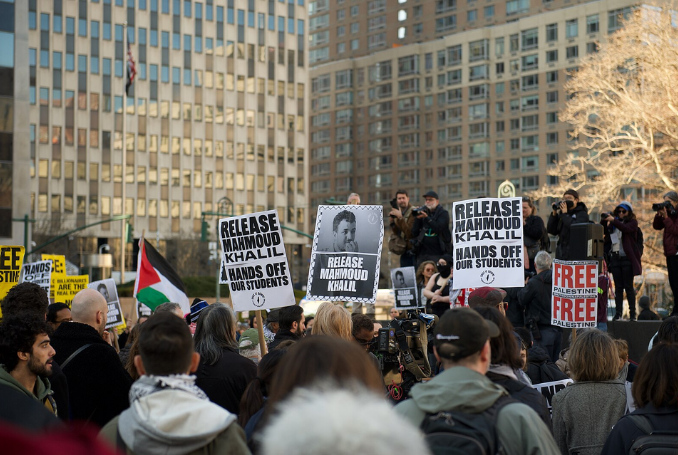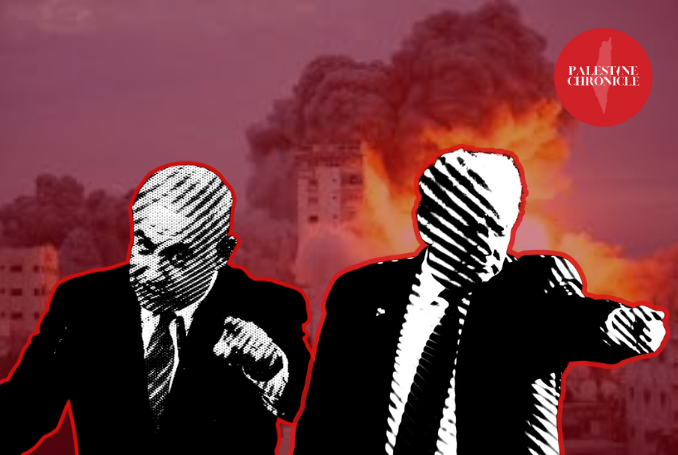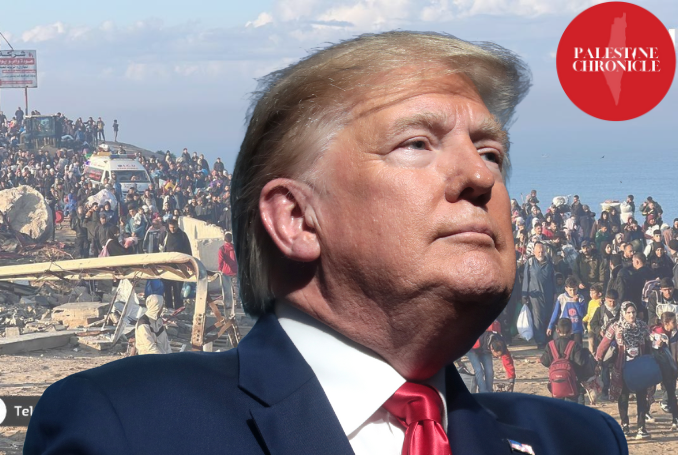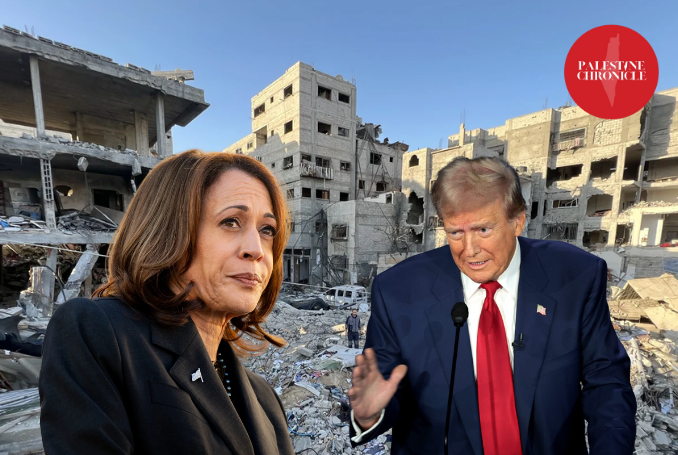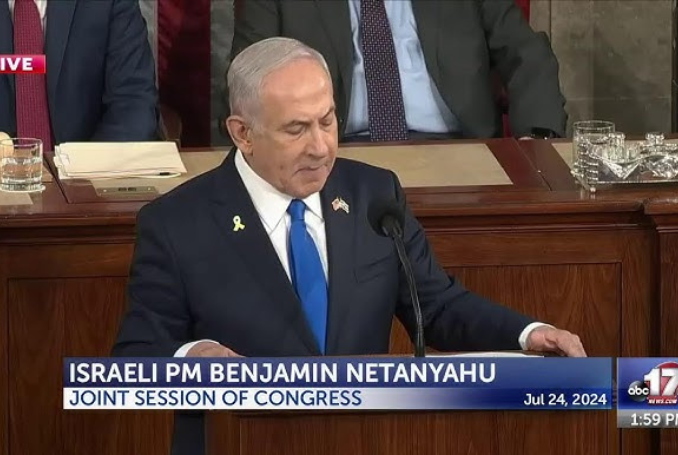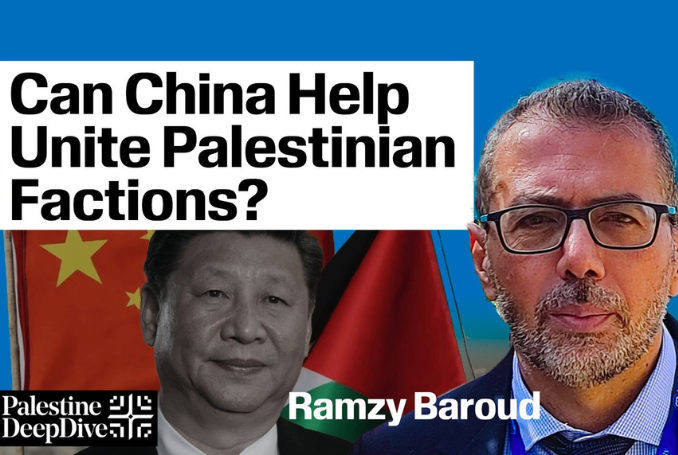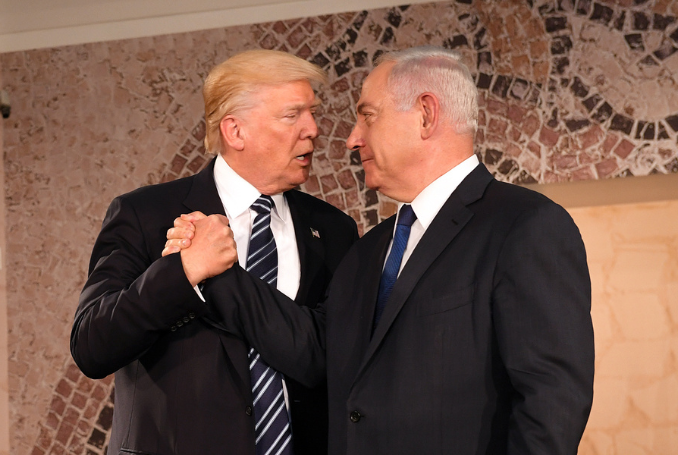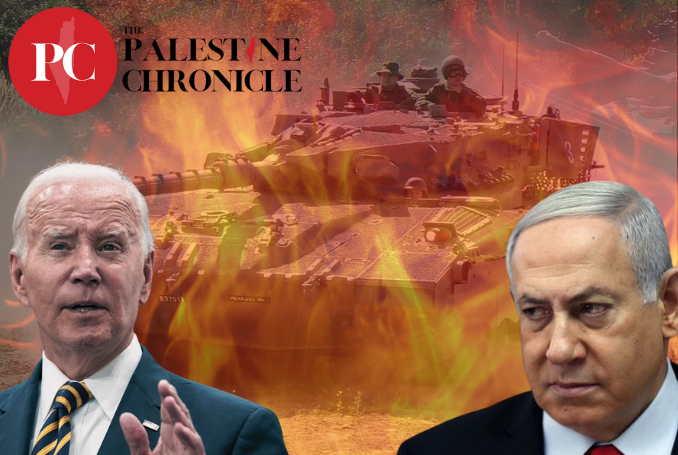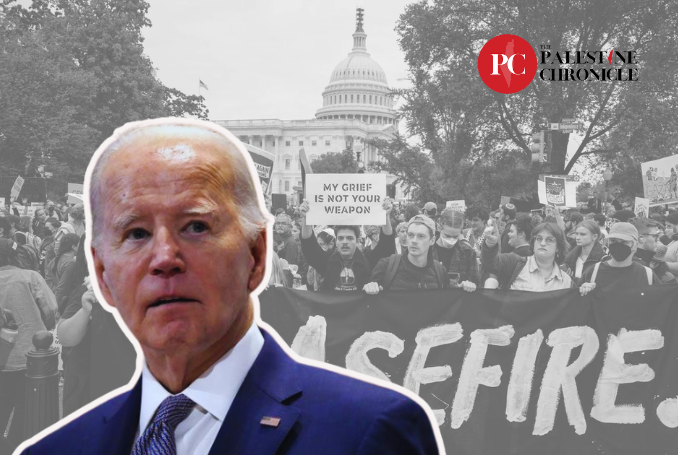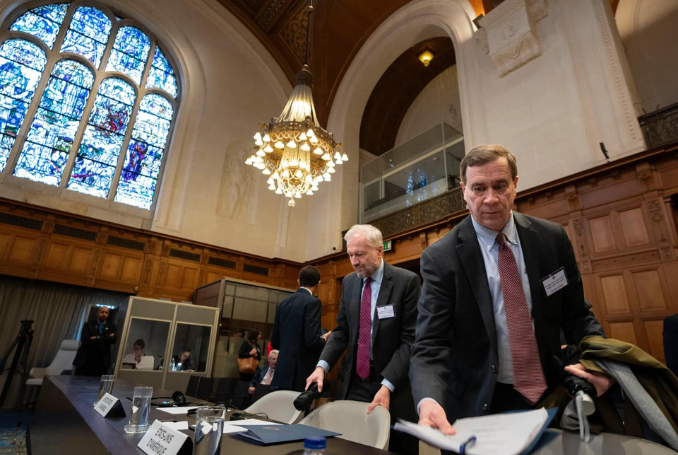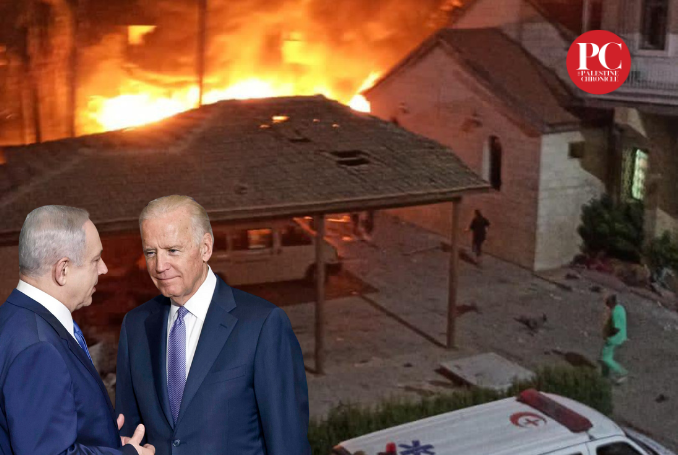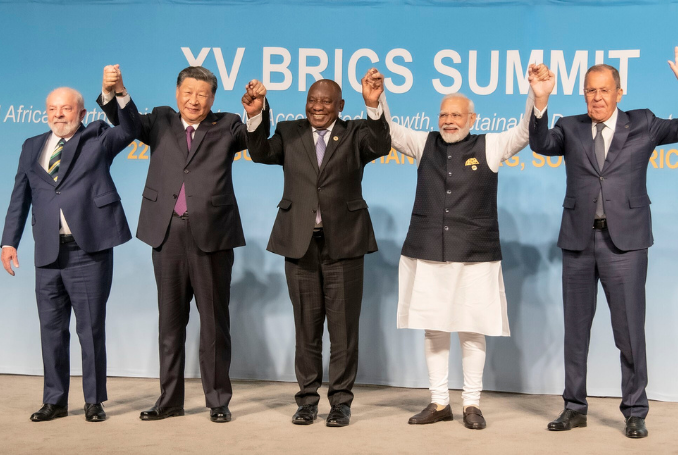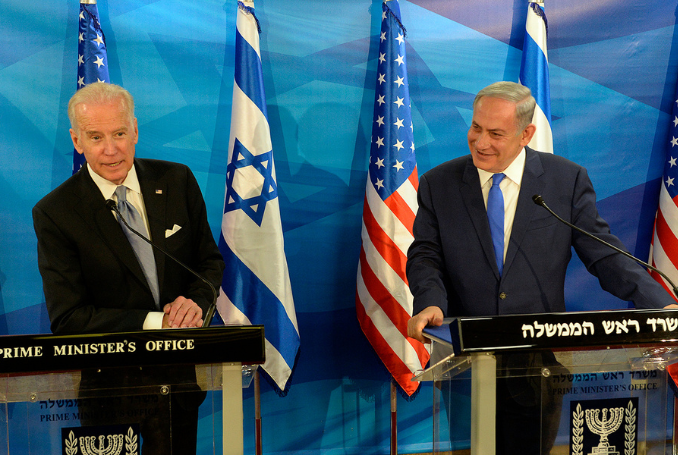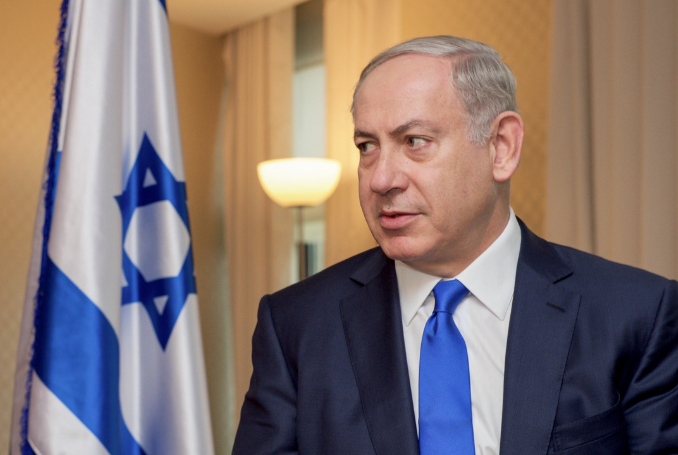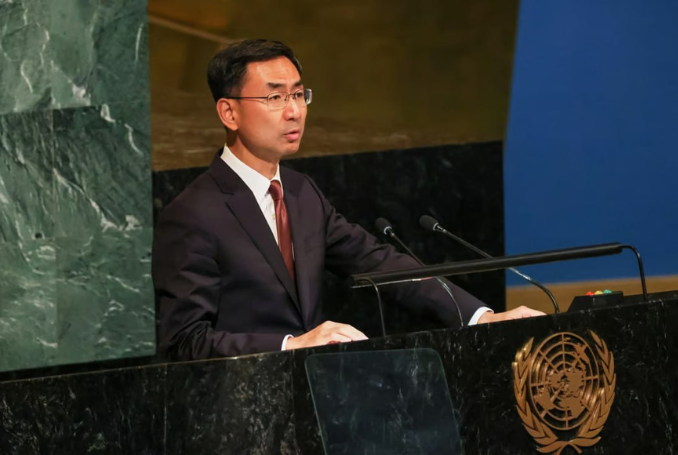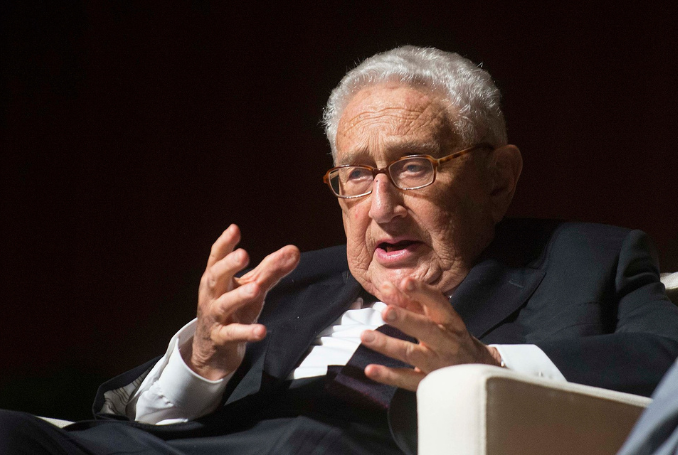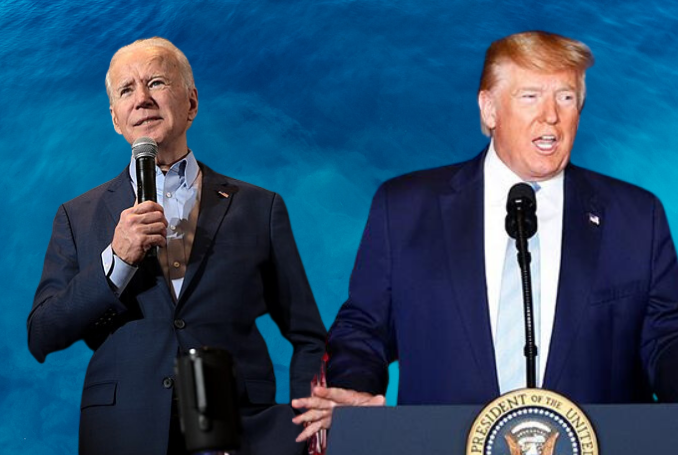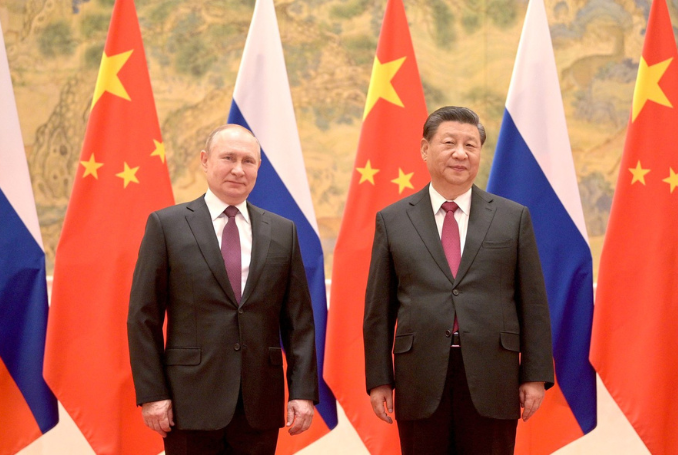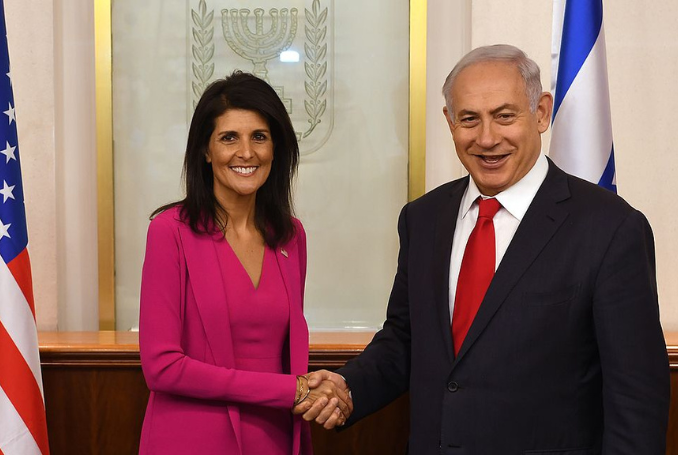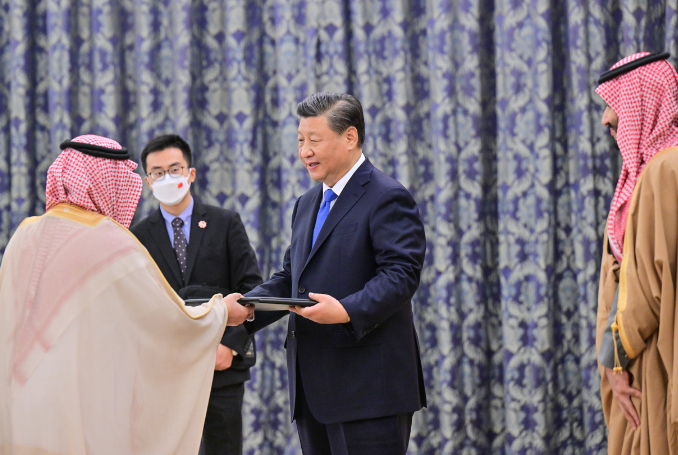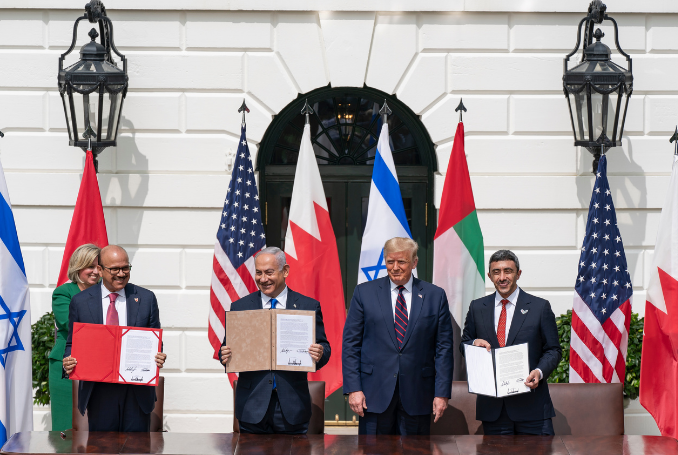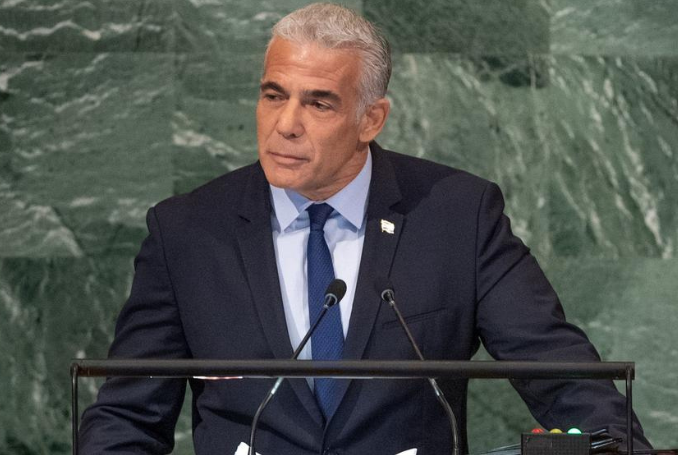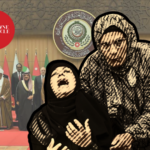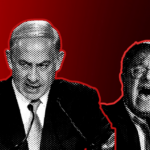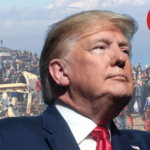- May 9, 2025
Deporting Dissent: The Dangerous Precedent Set by the Persecution of Pro-Palestine Activists
While US activists advocating for justice in Palestine deserve unwavering support and defense for their profound courage and humanity, Americans must also recognize that they, and the remnants of their democracy, are equally at risk.
Beneath the Surface: Is the Trump-Netanyahu ‘Unthinkable’ About to Erupt?
Netanyahu’s political standing is diminished. He is perceived as a failed political leader and military strategist, unable to secure decisive victories or extract political concessions from his adversaries.
Shifting Allegiances: The Role of Palestine in US Domestic and Foreign Policy
Palestine may not be the sole measure by which the Trump administration will be judged, nor the only factor shaping future voting patterns. Yet, it is undoubtedly a crucial test.
History Unearthed: What If Trump Succeeded in Ethnically Cleansing Gaza?
It is time for the Arabs to prove to Israel that the lessons of history have been learned, and will never be repeated.
Politics or Empty Rhetoric? Examining Trump’s Call for Ethnic Cleansing in Gaza
Trump and his new government of pro-Israel extremists must realize that the Middle East of today is different from the one that rushed to normalize relations with Israel during his first term.
‘Genocide’ vs ‘Bigger Genocide’ in Gaza: Time to Decolonize Our Minds
The world is vastly changing, and it is time for us to change as well. Fanon had already discovered the cure: We must clinically detect and remove the rot, not only from our land but from our minds as well.
Voting against Genocide – How Palestine Has Become a Domestic US Political Issue
Millions of Americans took notice and acted upon their sense of collective rage to punish the Democrats for what they had done to the Palestinian people.
The Failed Palestine Reset: How Netanyahu Engineered His Own Irrelevance
When Netanyahu mattered, his speeches often led to wars, or major regional instability. But Netanyahu no longer matters, except for a few US politicians vying for re-election.
‘Our Unity is Critical’ – Ramzy Baroud about US Decline and China’s Rise in the Middle East (VIDEO)
Regarding the unity talks held in China, Baroud said that “Our unity now is critical. Because no one, not China, not Russia, not even the United States, will ever take us seriously if we remain divided.”
Rekindling the Old Love Affair: Can Trump Save Netanyahu?
Trump’s politics is abashedly Machiavellian. During his only term in office between 2017 and 2021, he served the role of the American genie, granting Israel’s every wish.
Humanity at Its Best: Why are US Students Rising for Gaza?
Despite mass arrests, starting in Columbia, and the direct violence against peaceful protesters everywhere, the movement has only grown stronger.
Complicit in Genocide: Who Gave Israel the Murder Weapon?
Though many of Israel’s traditional allies in the west are openly disowning its behavior in Gaza, weapons continue to flow.
Cognitive Dissonance: Perplexed US Foreign Policy is Prolonging Gaza Genocide
By Ramzy Baroud When the foreign policy of a country as large and significant as the United States is governed by a case of cognitive dissonance, terrible things happen. These terrible things are, in fact, already taking place in the Gaza Strip, where well over 100,000 people have been killed, wounded or are missing, and an outright […]
To Save Israel: The US is Destroying the International System It Once Constructed
There will be consequences to all of this, and the coming years shall prove that the crisis in international legitimacy, resulting from the abuse of power, will hardly be rectified with superficial changes and reforms.
Rage over Gaza: Washington Will Pay for Its Support of Israel
“In the end, love will return in a different way,” Kafka wrote. He is right. But hate, too, tends to return as well, manifesting itself in myriad ways.
When the Torturer is the ‘Savior’: Can BRICS, Global South Help Us Escape the West’s Hegemony, Contradictions
Without downplaying the internal contradictions among the main countries that established the BRICS group or the newcomers, one cannot help but ponder a world without US-Western domination.
US and Israel: Is the ‘Unbreakable Bond’ Finally Breaking?
Though much of Israel’s self-proclaimed ‘independence’ was an outcome of unconditional US support, Israelis hardly acknowledge this fact.
No Palestinian State and the PA ‘Works for Us’: Netanyahu’s Remarks Should Inspire Paradigm Shift
Now, armed with a stable coalition, immune from any meaningful criticism, let alone tangible consequences to his action, the Israeli leader feels ready to carry out his right-wing agenda without further hesitation.
China and Palestine: No To ‘Piecemeal Crisis Management’
Considering Washington’s unparalleled importance to Israel, on the one hand, and the Arab-Muslim world’s significance to China on the other, the future is easy to foresee.
Prophets of Doom: Kissinger and the ‘Intellectual’ Decline of the West
The problem, of course, is not Kissinger himself. The crisis is twofold: The West is unwilling to accept that war, for once, will not solve its problems.
Not On Our Dime!’: Why US Democrats Are Growingly Challenging Israel
Time will tell what direction Washington will take in the future. But, considering the current evidence, support for Israel is dwindling at rates that are unprecedented.
Lying about Lying: Why We Must Revisit the Definition of ‘Fake News’
The phrase ‘fake news’ continues to be deployed routinely in US politics. In a polarized political atmosphere, both Republicans and Democrats distrust media organizations affiliated with opposing parties.
Xi’s ‘Chilling’ Remarks: A Multipolar World Offers Challenges and Opportunities to the Middle East and Africa
While it is too early to determine, with any degree of certainty, the winners and losers of this new configuration, it is most certain that a US-western-dominated world is no longer possible.
‘America is Not a Racist Country’: How Nikki Haley Became Israel’s Candidate for the White House
Tel Aviv is simply rewarding Haley’s many favors, knowing that, regardless of her exact position in government, Haley will always continue to prioritize Israel’s interests in her political agenda, and, if needed, even ahead of her own country’s.
Failed Experiment: Three Reasons Why Israel Fears a Major War on Gaza
With a rightwing, pro-war constituency that is far more interested in illegal settlement expansion and ‘security’ than economic growth or socio-economic equality, Netanyahu should, at least technically, be in a stronger position to launch another war on Gaza. But why is he hesitating?
Xi’s Visit and the Future of the Middle East: China-Arab Ties are Permanent
It would be unfair – in fact, misguided – to suggest that large political entities like China and Arab countries combined are shaping their foreign policy agendas, thus staking their futures, on knee-jerk political reactions to the attitude of a single American President or administration.
The ‘Begin Doctrine’: World Must Force Israel to Dismantle Its Nuclear Arsenal
It behooves everyone, Washington included, to join the rest of the world in finally forcing Israel to join the Non-Proliferation Treaty, a first but critical step towards long-delayed accountability.
Weakening the ‘Unbreakable Bond’: This is why the FBI Investigation of Israel is Important
The recent decision by the United States Department of Justice to open an investigation into the killing, last May, of Palestinian-American journalist Shireen Abu Akleh is not a game-changer, but important and worthy of reflection, nonetheless.
From Ally to Enemy: Australia Hammers Final Nail in US ‘Deal of the Century’
In the final analysis, it has become clear that the ‘Deal of the Century’ was not an irreversible historical event, but an opportunistic and thoughtless political process that lacked a deep understanding of history and the political balances that continue to control the Middle East.
Hidden Motives: Why Lapid is Not Serious about a Palestinian State
The talk of a Palestinian state is, therefore, meant to give whomever is to follow Abbas, political leverage that would allow him to stave off an armed revolt and take Palestinians into another futile hunt in search of another political mirage.


